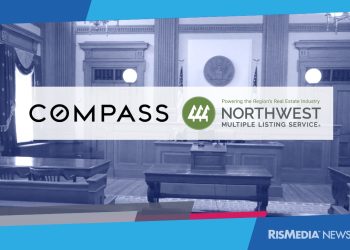In 1972, the National Commission on Consumer Finance issued a report identifying troubling patterns of credit discrimination against women. The report detailed how single women had more trouble obtaining credit than single men, creditors were unwilling to extend credit to a married woman in her own name, and women who were divorced or widowed had trouble reestablishing credit.
Congresswoman Martha Wright Griffiths declared in her opening remarks at a 1973 hearing before the Congressional Joint Economic Committee, “Single women who apply for a mortgage or personal loan are often required to have cosigners even though their incomes are high enough to secure the loan. Married women who work find that lending institutions often discount most of their salaries when they and their husbands apply for a mortgage.”
Passed in October of 1974, the Equal Credit Opportunity Act (ECOA) banned lending discrimination based on sex and marital status. Firms engaged in the extension of credit were required to make credit equally available to all creditworthy customers. “This legislation officially recognizes the basic principle that women should have access to credit on the same terms as men,” said President Gerald Ford in a press release.
In 1976, Congress amended the law to further prohibit lending discrimination based on race, color, religion, national origin, age, the receipt of public assistance income and exercising one’s rights under certain consumer protection laws. The 1976 amendments also authorized Special Purpose Credit Programs, allowing lenders to provide credit programs accessible to “economically disadvantaged” groups, including women, veterans, first-time and first-generation homebuyers, low- and moderate-income households, and people of color. Small business loans for women, for example, are allowable under ECOA.
Even after ECOA’s passage, women continue to face barriers to accessing credit. In 1981, Jo Anna Filomena sought a loan to open a restaurant in Washington, D.C. At one local bank, a loan officer asked her what she planned to do with the restaurant if she later decided to get married. At another bank, the officer she was scheduled to meet with was running late and suggested Filomena do a little shopping while she wait. Filomena eventually obtained a Small Business Administration loan guarantee and a six-figure loan from a bank in a neighboring state. Were it not for ECOA, Filomena may not have been able to launch her very successful business.
Today, thanks to laws like ECOA, women continue to break barriers and glass ceilings. A Special Purpose Credit Program helped Pam Isom get her small business loan. She had tried to get loans from several banks, and they all turned her down. Isom now runs a multi-million dollar workplace safety company.
The National Association of REALTORS®, alongside the Mortgage Bankers Association and consumer groups, supports the enforcement of ECOA and the responsible implementation of Special Purpose Credit Programs.
The Equal Credit Opportunity Act has been a game-changer for women in the fight for financial freedom. Much work remains to be done, but a strong foundation has been established.
For more information, visit https://www.nar.realtor/.












